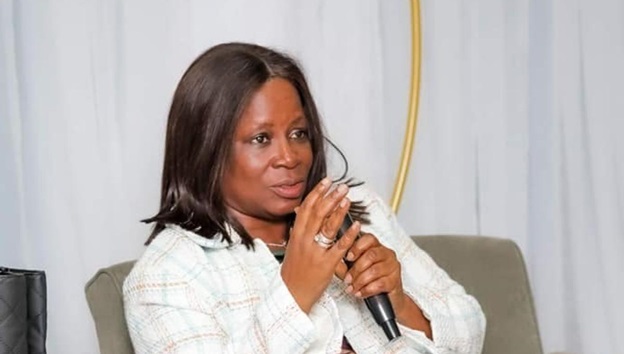An opinion by Socrates Smythe Saywon
As Liberians eagerly await the Senate’s decision on establishing a war and economic crimes court, I wish to extend my support and encouragement to the Senate as they deliberate on this matter today. I firmly believe that making this decision is crucial for the advancement of our country.
Since it is estimated that between 150,000 to 250,000 people were killed, and many more were displaced or injured during the conflict, which lasted from 1989 to 2003, establishing the court for Liberia makes it imperative for several reasons.
Firstly, such a court would serve as a mechanism for justice and accountability for the atrocities committed during periods of conflict and economic exploitation. It would provide a platform for victims to seek redress and closure while holding perpetrators accountable for their actions.
Secondly, a war and economic crimes court would contribute to the consolidation of peace and stability in Liberia. By addressing past grievances and ensuring that justice is served, it helps to prevent future conflicts and promotes reconciliation among different ethnic and political groups.
Moreover, the establishment of such a court is essential for upholding the rule of law and promoting good governance. It sends a strong message that no one is above the law, regardless of their position or influence. This can help to combat corruption and impunity, fostering a culture of accountability and transparency within the government and society as a whole.
Overall, the establishment of a war and economic crimes court for Liberia is not just necessary, but also crucial for the country’s progress, stability, and development. It represents a commitment to justice, peace, and the rule of law, laying the foundation for a brighter and more prosperous future for all Liberians.
Additionally, the Liberia Truth and Reconciliation Commission (TRC) made recommendations for promoting accountability, reconciliation, and national healing in Liberia. These recommendations included the establishment of a war crimes court, reparations for victims, institutional reforms, and measures to address the root causes of the conflict, such as inequality, corruption, and impunity. Overall, the TRC’s conclusion underscored the need for justice, accountability, and reconciliation in Liberia to ensure that the country could move forward from its traumatic past and build a more peaceful and just society.
In conclusion, the Senate should consider it wise to align with the House representatives in establishing the war and economic crimes court.








